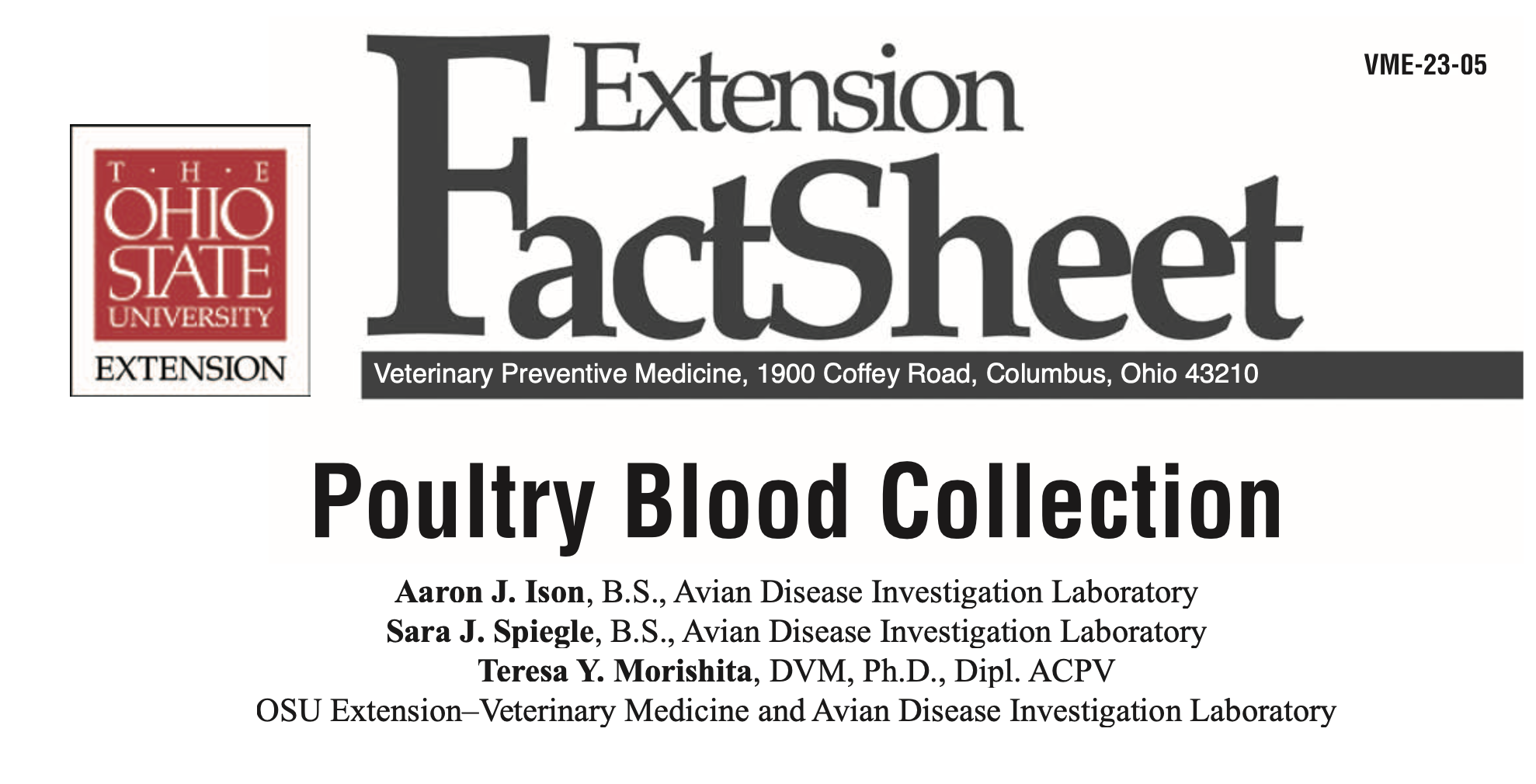Meet Dr. Teresa Morishita, DVM, PhD, Dipl, ACPV
Teresa Morishita is a Professor of Poultry Medicine & Food Safety and former Associate Dean for Academic Affairs at Western University of Health Sciences College of Veterinary Medicine. Dr. Morishita attended the University of California at Davis (UCD) and received a dual Doctorate of Veterinary Medicine and Master of Preventive Veterinary Medicine degree. Wanting to gain additional skills in clinical avian medicine, she completed a residency in avian/poultry medicine from UCD and became a Diplomate of the American College of Poultry Veterinarians. She also earned her PhD in comparative pathology from UCD. She wrote a monthly poultry health column “Fowl Talk” in Poultry Press and she was the Veterinary Advisor for the United Peafowl Association. Since 2009, Dr. Morishita has also served as the Veterinary Advisor for the Galliformes Taxon Advisory Group of the Association of Zoos and Aquariums. Dr. Morishita has also authored numerous publications and she is the co-editor of Backyard Poultry Medicine and Surgery: A Guide for Veterinary Practitioners and Gamebirds Medicine and Management. She loves to help young poultry enthusiasts through her volunteer work with 4-H and fairs.
In her spare time, she likes traveling and has visited the 50 US states; loves to visit agricultural fairs; planting Hawaiian plants and flowers; trying new foods; and spending time with family and friends.
-

Preventative Medicine for Backyard Chickens
Backyard poultry can be pets as well as a food source (i.e., eggs), and this creates several problems for the hobbyist from a disease prevention standpoint.
-

Medical Management of the Rooster Spur
A spur is a bony, conical projection found on the inside aspect of the leg of sexually mature rooster.
-

A Guide to pet care for the Immunocompromised
There are many benefi ts of having a companion animal and these benefi ts often outweigh the risks of pet ownership. The infections that are shared by people and animals are termed zoonoses.
-

Common External Parasites in Poultry: Lice and Mites
Parasites can be detected on the external surfaces of the body by way of a thorough physical examination. Periodical exami- nation of the flock can help to detect an early infestation and can help to prevent a larger flock outbreak.
-

Common External Parasites in Poultry
Parasites can be detected on the external surfaces of the body by way of a thorough physical exam.
-

Human Health Concerns Associated with Hatching Poultry
The use of hatching eggs in classrooms is a good way to teach youngsters about the stages of chick development.
-

Cleaning and Disinfection of Poultry Facilities
Having an effective cleaning and disinfection program is a crucial step in every poultry-biosecurity program.
-

Poultry Blood Collection
Phlebotomy (blood collection) can play an important role in determining the cause of morbidity (sickness) and mortality (death loss) experienced in your flock.
-

The Making of an Egg
The egg is the most complete source of nutrients available to humans. It provides protein, vitamins, and minerals and is the only food that contains all essential amino acids.
-

Less Common External Parasites in Poultry
Although lice and mites are the most common external parasites of poultry, below are other external parasites that may be occasionally seen in poultry.
-

Biosecurity for Poultry
Initiating and maintaining a biosecurity program is an important aspect of a poultry health maintenance program. It is important to institute some aspect of a biosecurity program in order to ensure a healthy flock of birds.
-

Performing a Physical Exam on a Chicken
Disease spreads quickly through flocks, therefore, it is important to be able to tell when an animal is abnormal physically or behaviorally, possibly indicative of an illness
-

Poultry Necropsy Basics
The necropsy (post-mortem dissection) of poultry is a procedure that can be utilized by the veterinarian, the manager, or the grower to find reasons for the bird’s death.
Poultry Nerds Medical Podcasts
These information provided are for informational purposes only. We are not providing medical advice. Always contact your own medical doctor and/or veterinarian for any health concerns you have Medical knowledge keeps on evolving so always seek current information.
We would only caution that drugs, medication, chemicals should always be verified to current dates due to updates and:or new regulations before flock administration.

